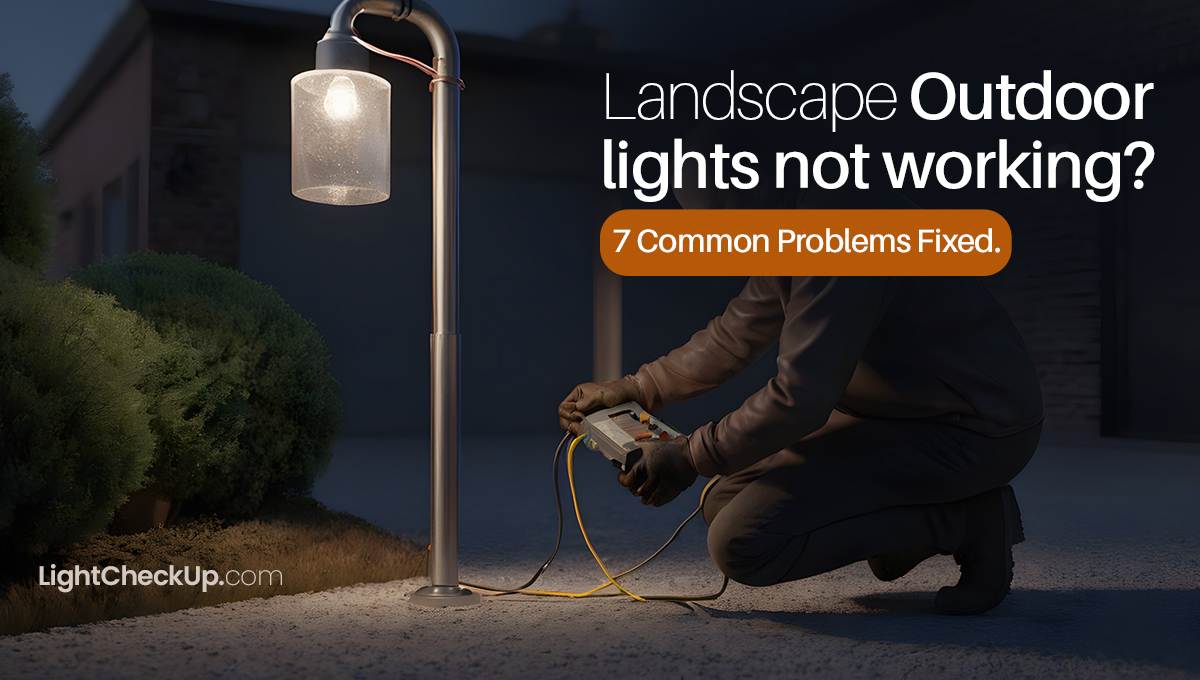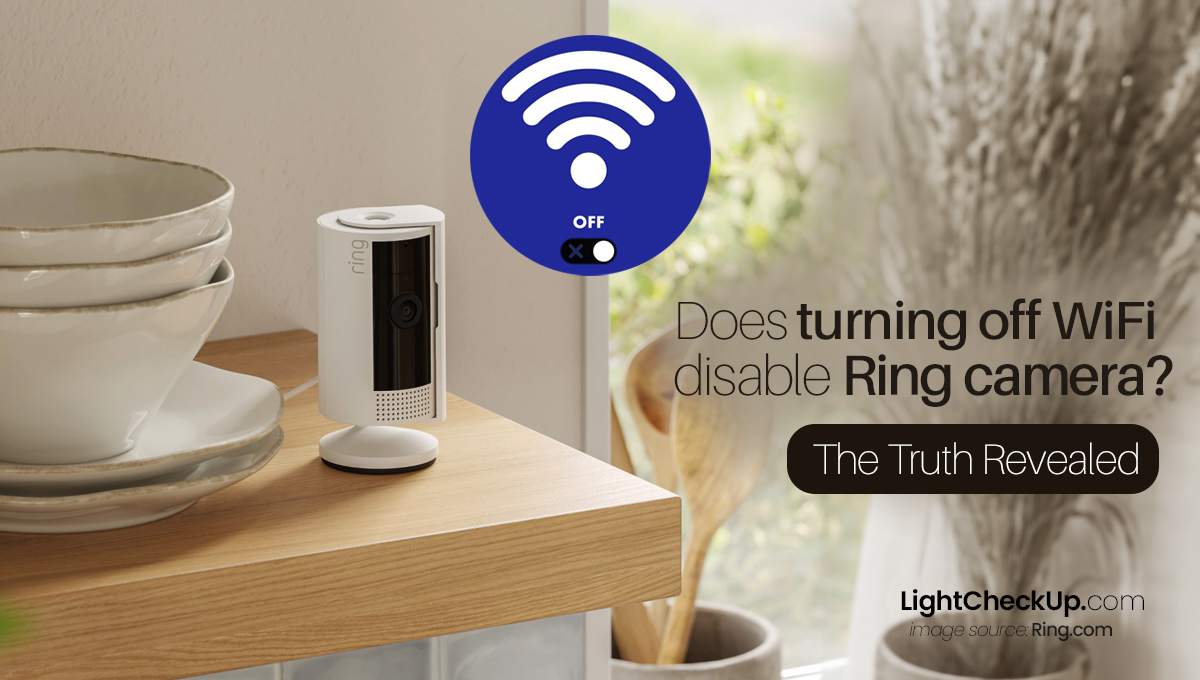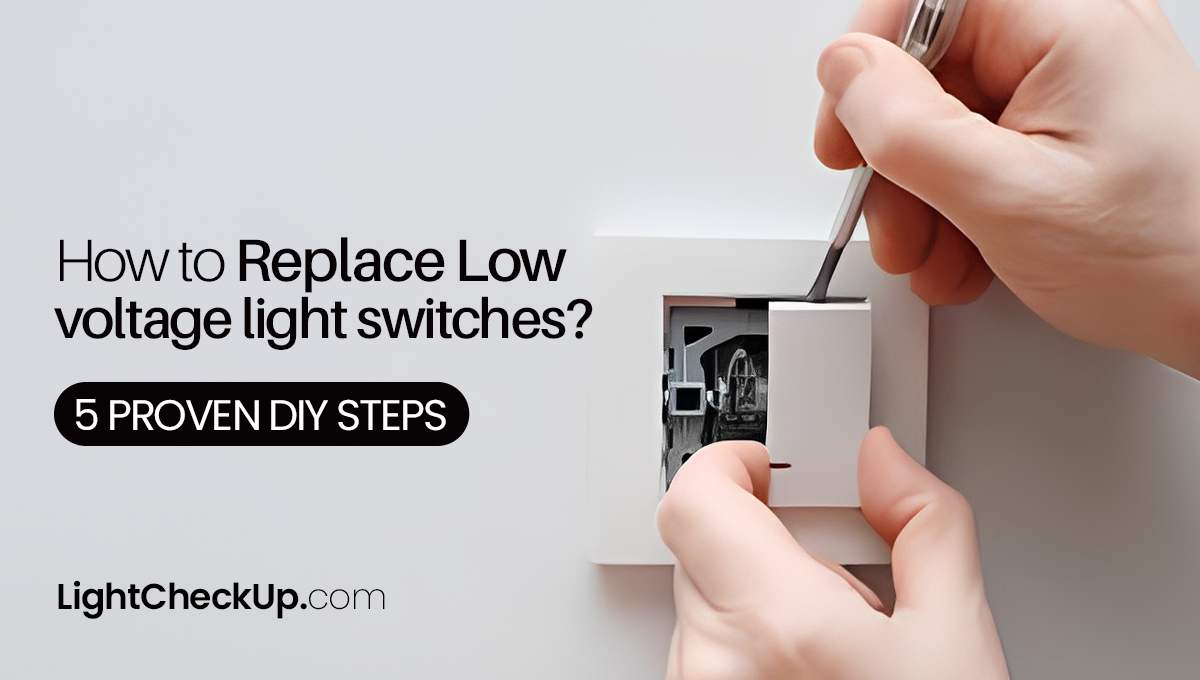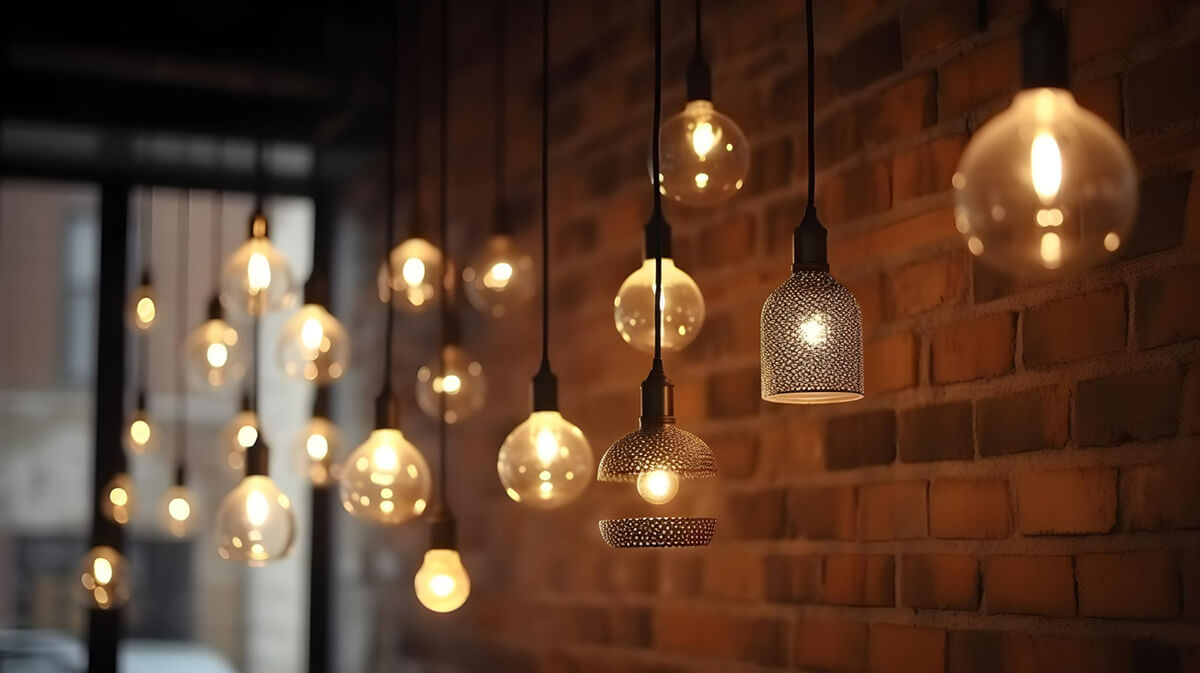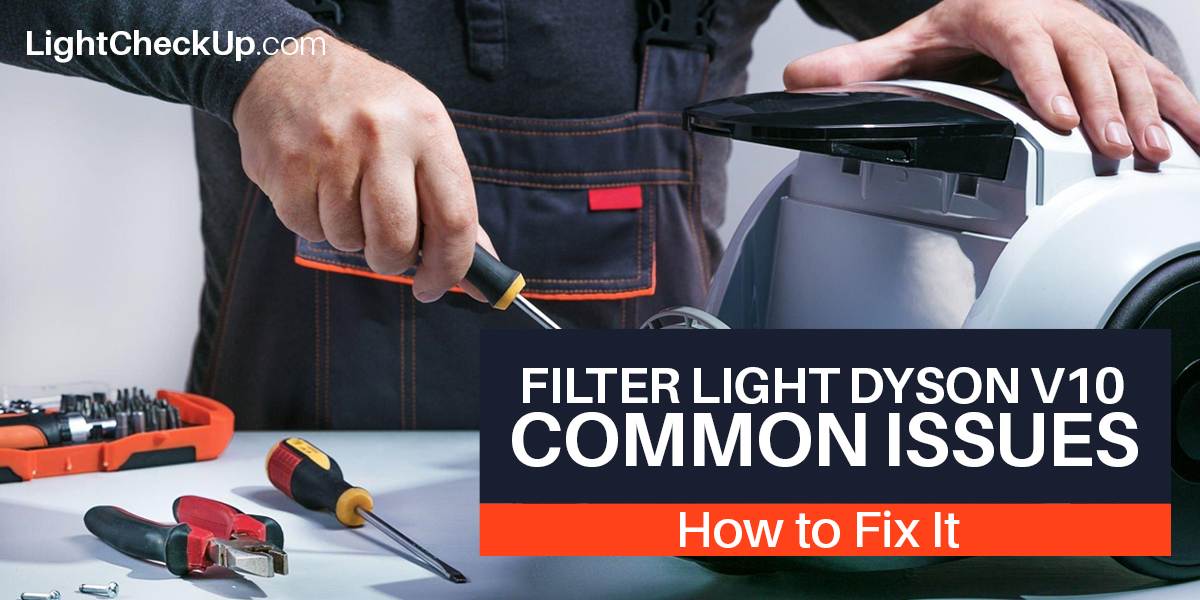It’s evening, you’re ready to enjoy your backyard or patio, but… your outdoor lights refuse to cooperate! Why Outdoor lights not working? Whether it’s a strand of twinkling string lights, solar-powered path lights, or sophisticated LED landscape lighting. It’s hard to plan with those stubborn outdoor lights.
Don’t pull your hair out yet! There could be a simple explanation for your outdoor lights not working situation. Maybe it’s your automatic outdoor lights not working because of a glitch or outdoor lights not working after rain due to water intrusion. There’s even a chance half your outdoor lights aren’t working.
Frustrating? Definitely. But I’m here to help! The reasons behind your light woes range from faulty bulbs to electrical shorts. Before you replace the whole setup (or call an electrician in a panic), let’s troubleshoot with common sense.
Could it be something as simple as an outside light not working but powered? I bet we can fix those lights!
Read Also: Solar Light For Outdoor Walls: How Do I Choose An Outdoor Wall Light?
7 Common Reasons Your Outdoor lights not working
1. Incorrect pin connections
Outdoor lights often use pins to establish electrical connections. Over time, these pins can corrode, bend, or loosen, preventing electricity from flowing.
Solution: Outdoor lights not working
- Carefully inspect the pin connections at each light fixture.
- Clean any corrosion with a wire brush or sandpaper.
- Check that the pins are snugly fitted and adjust as needed.
2. The wrong power source
It’s usually low-voltage (12 volt) with a transformer or standard, line-voltage (120 volt). Using the wrong type can make lights not work.
Solution:
- Check your outdoor lighting setup to determine if it’s low-voltage or line-voltage.
- Low-voltage systems have transformers. Ensure it’s plugged in and functioning.
- If line-voltage, verify the outlet and circuit at the breaker.
3. Faulty capacitors
An electronic component called a capacitor stores energy. They’re sometimes used in outdoor lights, and when they fail, the lights won’t function.
Solution:
Capacitor replacement usually requires an electrician or someone with technical skills as it involves working with live electrical components. It may be more cost-effective to replace the entire light fixture.
4. Overtighten bulbs
If light bulbs are screwed in too tightly, they can damage the delicate socket connections within the fixture, interrupting electrical flow.
Solution:
You need to unscrew the bulbs slightly to make sure they are making proper contact, but don’t overtighten them.
5. Grid Power Problems
Your local power grid might experience fluctuations or outages, impacting your outdoor lights.
Solution:
Check other electrical devices in your house to see if the power problem is isolated to outdoor lights or more widespread. Get in touch with your utility if the problem is a general outage.
6. Poor quality components
Low-quality outdoor lights are more prone to problems due to cheaper materials or lack of weatherproofing. These fixtures may corrode easily and have inadequate seals to protect electrical wiring.
Solution:
Make sure you get quality outdoor lighting from reputable stores. Check to see if it’s weatherproof.
7. Loose or damaged wires
Damage caused by animals, lawn equipment, or weathering can fray, cut, or break the wires running to your outdoor lights. Ground shifts can also loosen buried connections.
Solution:
Carefully check the wiring along the entire run of your outdoor lights for damage. Repair fraying with electrical tape or replace damaged sections. Ensure ground connections in junction boxes are secure.
Make sure you unplug power sources before you work on any electrical systems, including outdoor lights. If you’re not comfortable doing electrical work, call a professional.
What’s the best way to find a short in outdoor lighting?
Outdoor lights not working? Outdoor lighting shorts happen when two electrical conductors connect unintentionally. This creates a path of low resistance that can trip circuit breakers or damage components. Here’s how to troubleshoot:
Always turn off the power! Flip the breaker to control your outdoor lights or unplug transformers for low-voltage systems.
Look at the visible wiring. Inspect any exposed wires for cuts, nicks, frays, or damage caused by animals or tools. Repair as needed.
Check connections. Check each fixture, connection box, and transformer terminal for loose connections. Water or weathering can loosen these over time. Tighten any loose connections.
Check for water intrusion. Look for water in light fixtures or junction boxes. If present, dry them thoroughly and inspect them for corrosion.
Check the bulbs. Burnt-out or failed bulbs can sometimes mimic short circuits. Replace bulbs as needed.
How to use a multimeter:
If you have a multimeter, test for voltage to see if power reaches each section of your lighting circuit. A lack of voltage downstream often indicates a break or short
This function on a multimeter can help you discover wiring breaks.
Read Also: How To Clean Oxidized Outdoor Light Fixtures: 4 DIY Ideas And Tips
Why Did My Landscape Lighting Stop Working?
You might have a problem with your landscape lighting for a few reasons:
- Tripped circuit breaker or GFCI switch: Check your home’s breaker panel and reset any tripped circuit breakers.
- Low-voltage landscape systems use transformers. If they’re malfunctioning, your lights won’t work.
- Check the timer to make sure it’s working and set correctly.
- The main wire in your landscaping might be damaged or severed by animals, digging, or weathering. Inspect it and fix it.
- Test if bypassing the photocell turns your lights on if the photocell isn’t working.
Read Also: Can You Use Outdoor Lights Indoor? 4 Helpful Tips And Tricks To Light Your Home
In conclusion, if your Outdoor lights not working, there are several common problems you can troubleshoot and fix yourself.
You can often identify and solve the issue with a multimeter, checked circuit breakers, and inspected wiring. You should always call a professional if you don’t have any experience with electrical work for your Outdoor Lighting With C9 Bulbs system.
